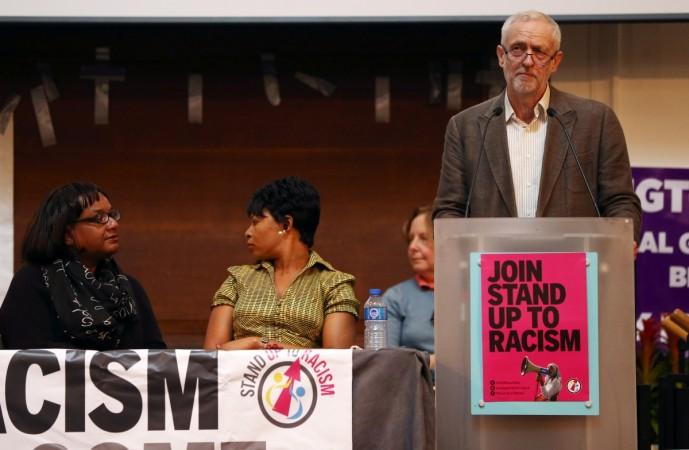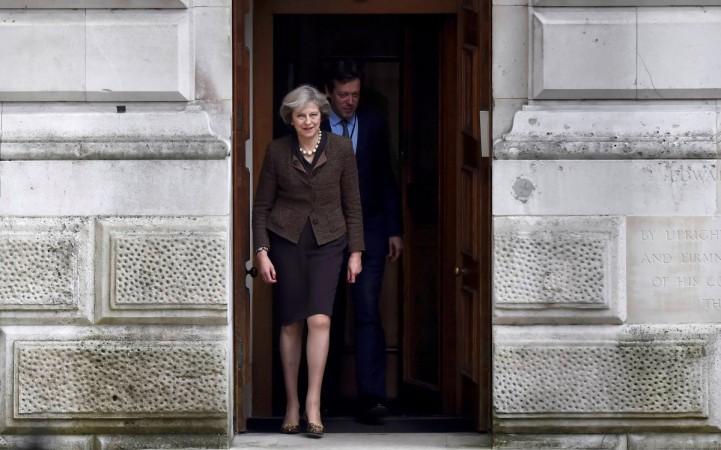
24 June 2016. What I anticipated to be an uneventful bus ride from my student residence in Oxford to the city rail station, became one of the first overt experiences of being made to feel like an 'outsider' in Britain.
The driver and two English women, the only people on the bus apart from me, were rejoicing over the outcome of the Brexit vote. Decaffeinated and without earphones to drown myself in music, I had little choice but to listen to their conversation. Soon enough, one of the women turned to me and said to her friend, "Now, we will finally have our country back to ourselves."
This was probably the least threatening expression of the 'insider-outsider' rhetoric that has increasingly gained momentum and voice in the public realm, since Brexit. Saying that the vote to leave the European Union (EU) has led to a rise to racism in this country would be severely naive. Britain, like several diverse countries, has seen various manifestations of xenophobia and racism, for a long time. What is frightening is the air of legitimacy and normalisation that now surrounds racist behaviour, not to mention an implication of impunity.
Several agencies, including the Home Office, reported approximately 41 percent rise in hate crimes in July 2016, compared to the year before. Indians are one among many nationalities and communities that have been targeted. An Indian friend who studies at SOAS recalled her encounter with an elderly woman outside Waitrose in Brunswick, Russell Square, London. "She looked at me and said, 'Go home you fucking nigger!'. It left me feeling very angry, but at the same time, I felt completely disempowered, in that one moment."
This incident busts myths of such events not occurring in "upper-class cosmopolitan areas" or in places, which largely voted to remain within the EU. It also points towards a glaring ignorance about diverse cultures and identities. This was one of the reasons why an entire campaign remotely based on facts emerged victorious — it capitalised on the fear of the unknown and created divisions based on attitudes and opinions about the 'other'.
As a student, these attacks have been extremely disturbing and worrying. For many of us, they burst the bubbles we were living in. As international students, we arrive in the United Kingdom with valid visas and pay at least twice the fee paid by resident students. The least one can expect is to be treated with dignity, let an inclusive and safe environment that facilitates learning.
I am not making a generalised claim that the whole country is violently racist. That is far from what I am attempting to convey. Where there have been disturbing incidents, there have also been expressions of solidarity. However, the tendency to dismiss this revamped version of racism as merely emerging from lumpen ignorance is dangerous. The excuse of ignorance does not suffice and does injustice to all those from different parts of world who come to the UK with the dream of learning. It individualises a problem that is rooted in the political culture, reflected in Theresa May's views on immigration.

In the wake of May's imminent visit to India, both governments need to ponder over how they can protect students in the UK. Being asked to "go back to where you came from" by passers-by is not what I expected when I saw smiling faces on college application brochures. The idea of 'Great Britain' creates great expectations, which have been crumbling fast in the recent past. It is up to the people of this country, especially policy makers and those in public service, to make efforts to either salvage the situation or revel in regressive isolationism.
Payaswini is a student and Weidenfeld-Hoffmann scholar at the University of Oxford, reading for an MPhil in Political Theory. Her views are her own and do not necessarily reflect those of the International Business Times.













!['It's not Mumbai traffic, it's air traffic': Suriya apologises to Mumbai media after paparazzi yelled At Him for making them wait for hours [Watch]](https://data1.ibtimes.co.in/en/full/806234/its-not-mumbai-traffic-its-air-traffic-suriya-apologises-mumbai-media-after-paparazzi.jpg?w=220&h=138)



